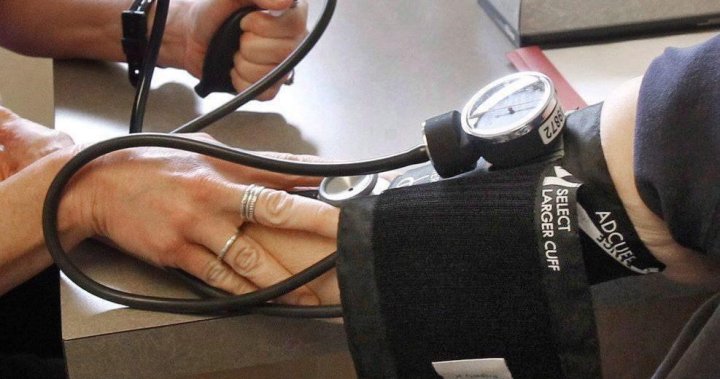The future of healthcare access in Montreal’s West Island has been cast into uncertainty with the imminent closure of two ELNA medical clinics: Statcare in Pointe-Claire and another in Pierrefonds-Roxboro. Statcare, a vital healthcare hub situated conveniently next to the Lakeshore General Hospital, will cease operations on December 31, 2024. This closure impacts approximately 18,000 patients who rely on the clinic for a range of services, from minor emergency care to family medicine, gynecology, and other specialized medical attention. Operating seven days a week, Statcare has played a significant role in providing accessible healthcare to the community, and its closure leaves a considerable gap in local service provision. While ELNA is working to transfer Statcare’s walk-in practice to the Brunswick medical centre, the long-term implications for patient care and access remain a concern.
Adding to the community’s healthcare anxieties, ELNA’s clinic in Pierrefonds-Roxboro is also slated for closure, with its final operational day scheduled for January 6, 2025. Though ELNA has announced that family doctors and the majority of specialists and staff from this clinic will transition their practices to the Brunswick medical centre, the capacity of this single facility to absorb the patient volume from two closing clinics raises questions about potential strain on resources and potential delays in accessing care. The consolidation of services into one location could also create logistical challenges for patients who previously relied on the convenience of the closer, now-shuttered clinics. The transition period and its impact on patient care require careful management and transparent communication to minimize disruptions and ensure continuity of care.
These clinic closures are a direct consequence of ELNA medical group, which manages 49 clinics across Quebec, entering creditor protection. Last week, Quebec Superior Court approved ELNA’s request for creditor protection and sanctioned a plan to solicit potential buyers for the struggling healthcare provider. This development has understandably sparked widespread concern among patients about the future of ELNA’s extensive network, which boasts being the largest of its kind in Canada, encompassing medical clinics and diagnostic laboratories. The implications of the company’s financial difficulties extend beyond these two West Island clinics, potentially affecting the landscape of healthcare access across the province.
The creditor protection process casts a shadow over the future of healthcare delivery across Quebec. The uncertainty surrounding ELNA’s future, combined with the closure of two significant clinics in the West Island, underscores the fragility of the existing healthcare infrastructure and the vulnerability of patient access to timely and convenient care. The consolidation of services into Brunswick medical centre, while a pragmatic solution in the short term, may not adequately address the long-term healthcare needs of the community. A comprehensive assessment of the impact of these closures and a proactive strategy for ensuring equitable access to essential healthcare services are crucial to mitigating the potential negative consequences for patients.
Beyond the immediate impact on patients, the closure of these clinics and ELNA’s financial struggles raise broader questions about the sustainability of the current healthcare model in Quebec. The situation highlights the need for robust strategies to ensure the financial stability of healthcare providers, particularly those operating multiple clinics, to prevent disruptions in service delivery and maintain patient access to care. The consolidation of services, while potentially offering economies of scale, also carries risks related to capacity limitations and potential reductions in accessibility for patients. A balanced approach that prioritizes both financial viability and patient-centered care is essential to building a resilient and equitable healthcare system.
The unfolding situation with ELNA serves as a critical reminder of the interconnectedness of healthcare provision, financial stability, and patient access. The closure of these West Island clinics, while impacting a specific community, has broader implications for the healthcare landscape in Quebec. Addressing the underlying issues contributing to ELNA’s financial difficulties, while simultaneously ensuring continuity of care for affected patients, requires a collaborative effort involving healthcare providers, government bodies, and the community. A proactive and comprehensive approach that prioritizes patient needs and strengthens the healthcare system’s resilience is crucial to navigate these challenges and secure the future of accessible healthcare for all.

